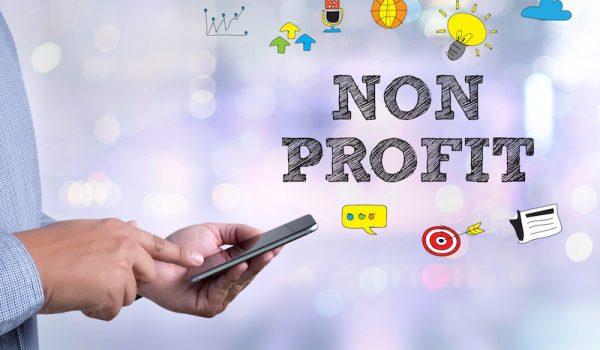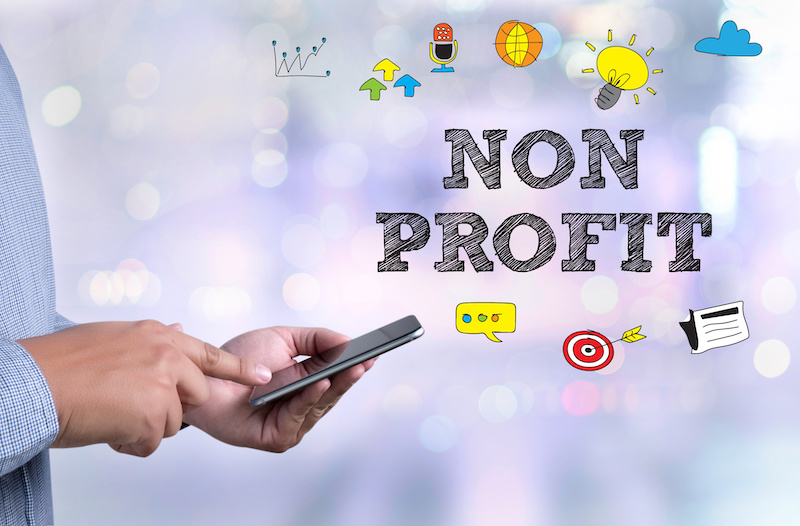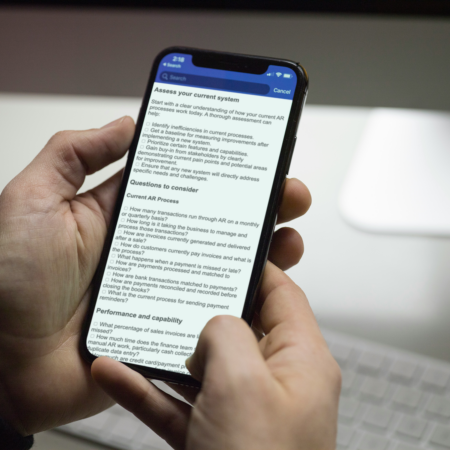
Nonprofit organizations are exciting and almost always a great contributor to the development and betterment of communities. Organizations like United Way Worldwide, Feeding America, and Salvation Army generate and disburse billions of dollars from donations each year. They are responsible for $10.96 billion dollars in revenue just by themselves. That’s a lot of money! But, how do these organizations continue to grow year after year? Secondly, how do they manage all that money? It might not seem like it, but the answer to their sustainable growth and successful financial management lies in their nonprofit accounting software.

Unfortunately, conventional accounting systems like QuickBooks or FreshBooks fall short when it comes to helping nonprofit organizations manage unique revenue streams. These include donations, membership dues, program revenues, grants, or income from any other investments. Traditional accounting applications simply aren’t equipped to automate specific nonprofit business processes such as reporting, donation management, while being able to comply with the financial accounting standards for nonprofits. So what are the essential things a nonprofit needs to have effective financial management? Let’s take a look at the top nonprofit accounting software features a nonprofit organization needs to be successful.
Nonprofit Accounting Software Must Track and Manage Specific Donation Categories
Donations to a nonprofit come in several different forms – grants, dues, events, services, pledges, bequests, etc. They require specialized tracking, documentation, and management across several platforms, projects, and even accounting periods. In order to measure the effectiveness of a donation, your organization needs a flexible, dynamic nonprofit accounting software capable of tracking these different kinds of donations.
Users can manage these transactions and create reports instantly for any audit. Some major donations are often restricted, meaning that they are constrained by specific requirements or an expected outcome. An example is a gift to a special scholarship fund at a university. “Unrestricted” funds are donations the nonprofit may use for any purpose. If your organization can’t report on how the donation was used in respect to donor requirements or restrictions, your organization risks losing future donation opportunities.
Reporting and Budgeting Features Are Essential for Nonprofit Accounting Software
Financial reporting requirements for nonprofit organizations are pretty unique. Your reports must be accurate and detailed enough to meet regulatory and audit demands. Users can utilize nonprofit accounting software to generate fund accounting reports that will dive into performance against budgets or income versus expenses. Financial reports with a commercial accounting software application only measure income versus expenses. In summary, this results in time-consuming manual data crunching to get the answers relative to you.
Nonprofits use budgeting tools to help the organization meet specific demands or needs set forth by the board of directors or members of the organization. For instance, when the board approves a budget, they’re approving the use of resources for specific purposes. The budget sets certain spending limits and keeps costs in line with the funding that’s driving the organization and its initiatives. Stakeholders and other third party members usually require a formal budget before considering grant applications, credit extensions, pledges, and even gifts. A specialized budgeting tool provides an interactive measure of accountability, transparency, and integrity.
Nonprofit Accounting Software Thrives with User-Friendly, Automated Payment Processing
Automated payment processing software takes care of all the back-end processes that occur when a donation or transaction is made. Nonprofit organizations need an automated, user-friendly payment processing feature to accept any type of contribution efficiently and correctly. Examples include online donation forms, text-to-give services, and any other form of digital donation. Automating this aspect of the accounting will save the organization hours and hours of manual labor. It also ensures your records are always updated correctly. Finally, automation ensures that vendors and staff get paid correctly and on time. Instead of worrying about payments, the organization can focus more on being able to manage their initiatives. More importantly, they can strategize on how to best apply their funding.
Flexibility is also important for payment processing. If the accounting software cannot be customized or configured to the precise nonprofit needs, the organization may struggle to process transactions quickly and easily. This lack of flexibility can ultimately hinder the whole accounting process. When applications can’t grow and adapt to nonprofit demands, the accounting system itself can be a limiting factor. Complex nonprofits might not be able to process the number of donations they receive, and thus lose out on much-needed funding.
The Benefits of Integrating with a CRM
Integration with a CRM is the most important feature needed for any nonprofit accounting application. The advantages of using a CRM with your nonprofit accounting system are endless. But we’ll touch on the most important one: connectivity.
Connectivity is one of the biggest benefits of using a CRM for accounting. Users can now automate many of the role tasks that organizations once had to do by hand. These include connecting donation management, fund allocation, and financial reporting to other parts of the organization. This creates a seamless 360° view of your organization. With a CRM, users can optimize staff efforts and put man hours towards more company-driven tasks like developing stronger relationships with your donors!
Choose Accounting Seed for Your Nonprofit Accounting Software
Accounting Seed gives nonprofit organizations complete control over their financial management lifecycle while letting users view financial data in real-time to make key decisions. We’re also integrated to the Salesforce Nonprofit Success Pack (NPSP), the world’s #1 nonprofit CRM. Our sophisticated multidimensional reporting dashboard lets you aggregate transactions and activities across your whole nonprofit organization:
- Multiple organizations
- Multiple currencies
- Any donors or grant
- Multiple locations
With our customizable click-no code-reporting and dashboards, you get fast closings with real-time analytics – in seconds, not days. This allows for maximum accuracy and efficiency on your nonprofit’s performance. Users can seamlessly manage funds, projects, and programs with varying financial factors on a single platform. This lets you eliminate confusion and reduce the time you spend navigating disparate systems to take your nonprofit to new heights.
See Accounting Seed in action
Get a close-up view of how accounting on Salesforce can eliminate the need for costly integrations—and silos of mismatched information—by sharing the same database as your CRM.


